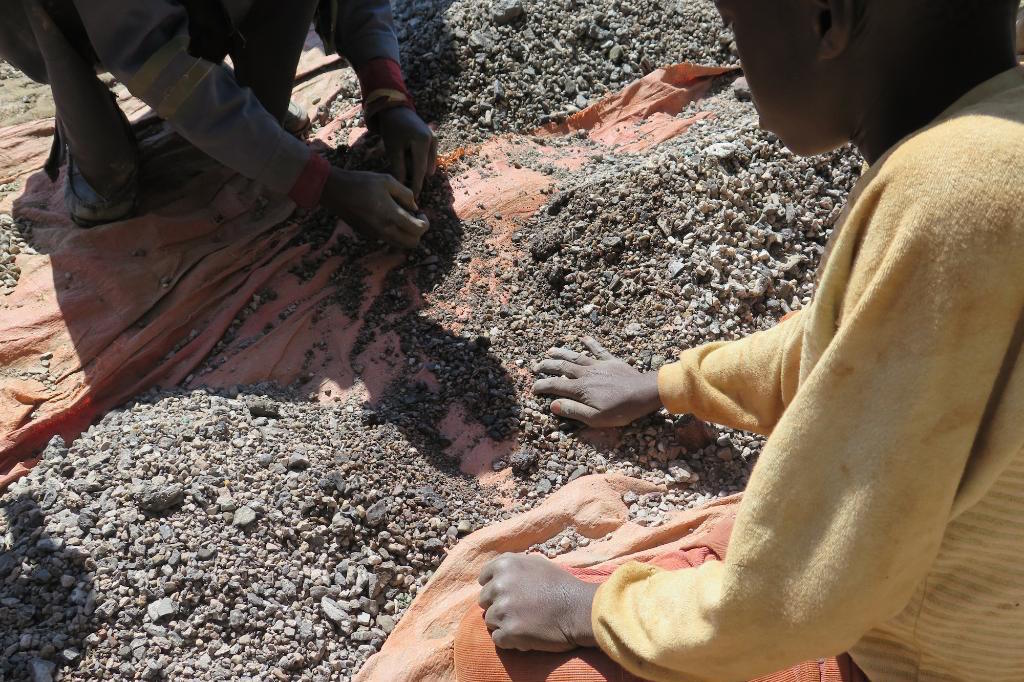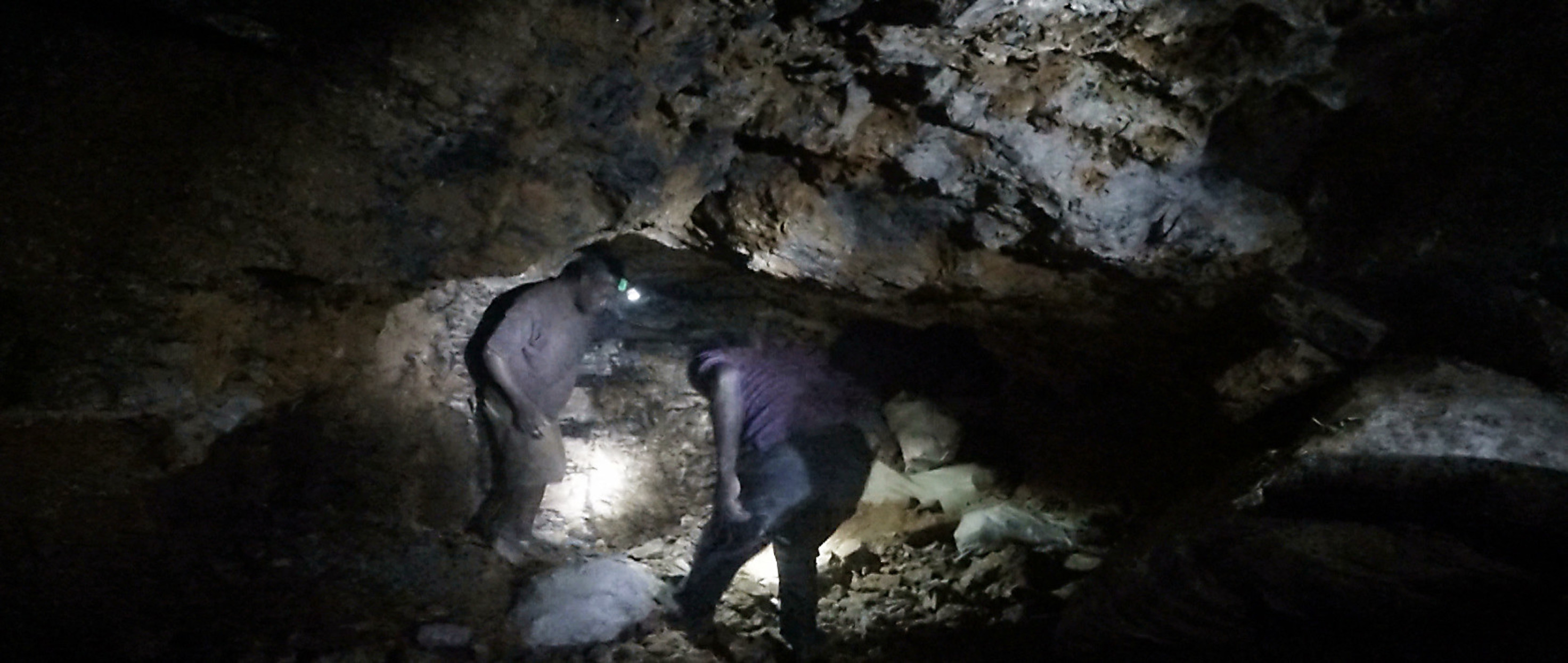
By Dr. Rebecca DeWinter-Schmitt, Director, Human Rights in Business Program, Center for Human Rights and Humanitarian Law, American University Washington College of Law
Lithium-ion rechargeable batteries. They are in your mobile phones, tablets, laptops, and cameras, and even power electric cars. But did you know that cobalt is a key component of those batteries? Where does cobalt come from? More than half of the world’s cobalt is supplied by the Democratic Republic of Congo (DRC).
The DRC and conflict minerals probably rings a bell. It’s well-known that the global trade in the 3Ts (tin, tungsten, tantalum) and gold has financed abusive armed groups in the DRC and fueled conflict. While cobalt is not a conflict mineral, artisanal miners mine cobalt in the southern part of the country under extremely dangerous and abusive work conditions, which are similar to the conditions in eastern DRC where conflict minerals are extracted. A new Amnesty report, This is What We Die For, traces the cobalt supply chain from the artisanal miners to the big brands selling electronic devices, and exposes all the governments and companies along the way that have turned a blind eye to the human rights violations suffered by the miners. SEE THE REST OF THIS POST
